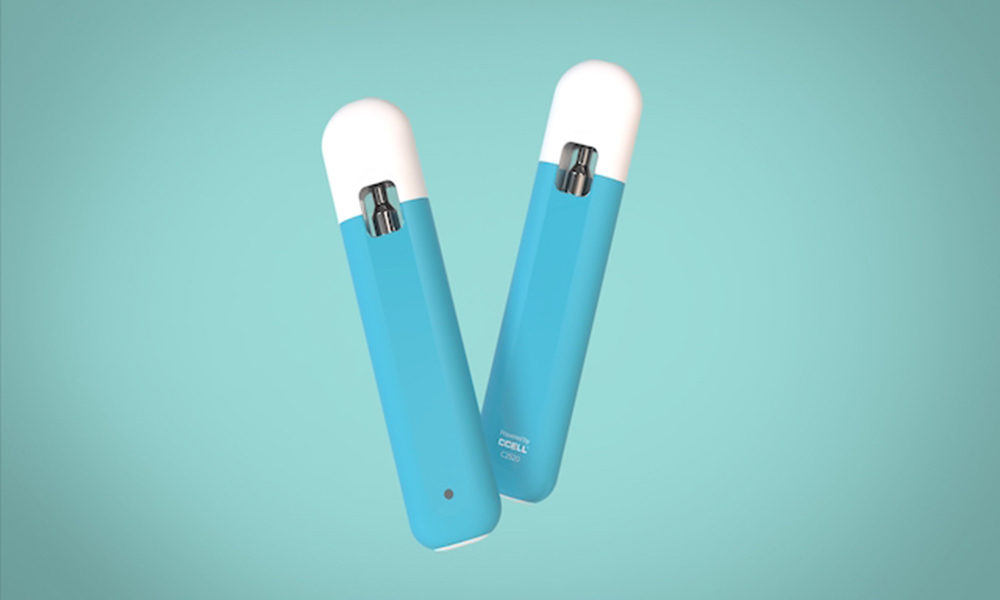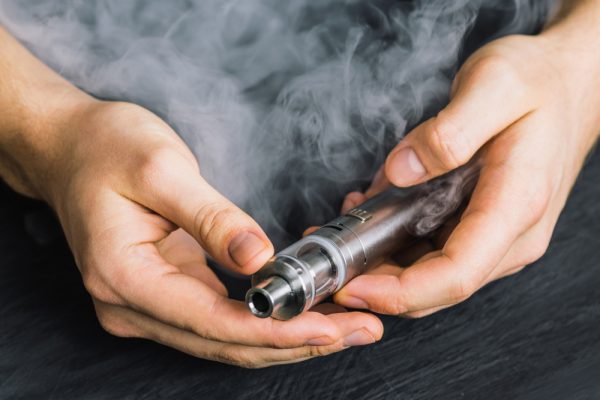A complex array of cannabinoids exists in cannabis, each with a unique molecular structure and potential effect. The medical and wellness communities have been captivated by THCA (Tetrahydrocannabinolic acid) and CBD (Cannabidiol). While both derive from the cannabis plant, their chemical compositions, interactions with the human body, and potential therapeutic applications differ dramatically.
Chemical transformation processes
The fundamental difference between THCA and CBD begins at the molecular level. THCA is a precursor to THC, existing in raw cannabis as a non-psychoactive compound that transforms when exposed to heat. This process, known as decarboxylation, converts THCA into the well-known psychoactive THC. CBD, in contrast, remains stable across various temperature conditions, maintaining its molecular structure regardless of heating or processing.
Physiological interactions
The human endocannabinoid system responds differently to THCA and CBD. THCA interacts with the body’s receptors in more nuanced ways, potentially offering unique therapeutic benefits without the intense psychoactive effects associated with THC. CBD primarily engages with the endocannabinoid system by influencing receptor activity indirectly, potentially providing anti-inflammatory and anxiety-reducing effects without significant psychoactive impact.
Potential therapeutic applications
Research suggests distinct therapeutic potentials for THCA and CBD. THCA shows promise in addressing neurological conditions, with potential neuroprotective properties that may benefit individuals with degenerative disorders. There is growing recognition of CBD’s ability to manage anxiety, reduce inflammation, and provide pain relief. The therapeutic landscape for each cannabinoid continues to expand as scientific research delves deeper into its complex interactions with human physiology.
Consumption and delivery methods
Vaporization presents unique challenges and opportunities for both THCA and CBD. The heating process must be followed to ensure how these cannabinoids are activated and absorbed. THCA requires specific temperature conditions to transform, while CBD can be consumed with more consistent heating approaches. This fundamental difference impacts the overall user experience and potential therapeutic effectiveness.
Sensory and experience differences
Achieve a tailored vaping experience with the leading best thca vape, perfect for individuals who value control over their sessions. The precision of vaporization technology allows for careful modulation of temperature, extraction, and intake, providing a level of customization unmatched by other consumption methods. This technological advancement transforms the potential therapeutic application of THCA.
Scientific research landscape
Ongoing scientific research continues to uncover the intricate differences between THCA and CBD. Various research initiatives examine how cannabinoids interact with human physiology, their potential therapeutic applications, and their long-term health implications. The scientific community remains committed to understanding the complex molecular mechanisms that distinguish these fascinating compounds.
Consumer considerations
Individuals exploring THCA and CBD vapes must consider multiple factors. Personal health goals, existing medical conditions, and individual physiological responses play crucial roles in determining the most appropriate cannabinoid approach. Consultation with healthcare professionals provides essential guidance in navigating the complex landscape of cannabinoid consumption.
The distinctions between THCA and CBD vapes extend far beyond simple molecular differences. These cannabinoids represent complex, nuanced approaches to potential therapeutic intervention, each offering unique possibilities for wellness and medical support. As scientific understanding continues to grow, consumers gain increasingly sophisticated tools for personalized health management.





